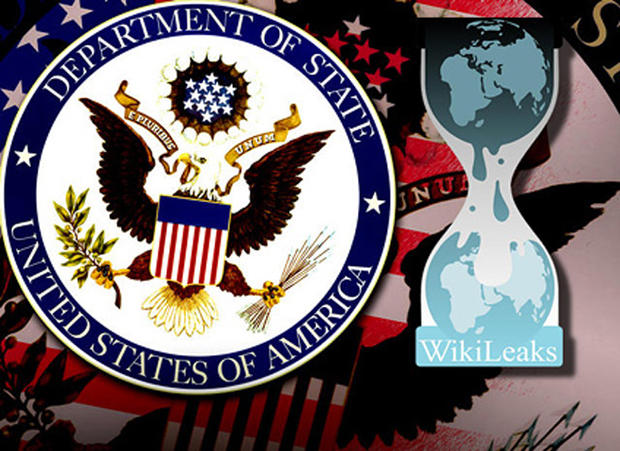WikiLeaks cables reveal diplomatic sources
State department officials and human rights activists are alarmed that recent postings of diplomatic cables on the WikiLeaks website have revealed some names of confidential sources, despite the cables' warnings of the need to "strictly protect" their identities.
There is concern that such sources - including activists, journalists and academics in authoritarian countries - could face reprisals, from loss of their jobs to prosecution and violence.
Scott Shane of The New York Times writes that news organizations (including the Times) have redacted names of sources when publishing cables provided by WikiLeaks when those sources are deemed to be vulnerable. WikiLeaks as well had redacted the identities of low-level diplomatic sources when publishing on its own website.
But the anti-secrecy organization has recently published nearly 134,000 leaked diplomatic cables - an acceleration of its public release of U.S. government documents - and a sample of the documents show many include the names of people who had spoken confidentially to American diplomats.
Among those named were a United Nations official in West Africa and a foreign human rights activist working in Cambodia.
Steven Aftergood of the Federation of American Scientists told The Times he found only one redaction among the several classified cables he examined, and said the release of unedited cables is "likely to be problematic for any number of people named."
To read more visit The New York Times website.
